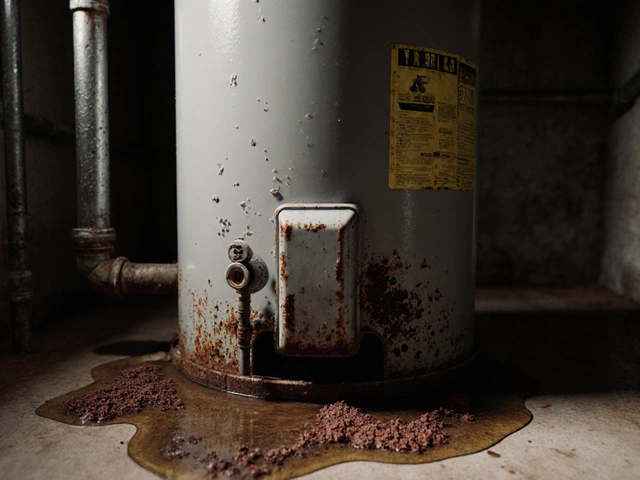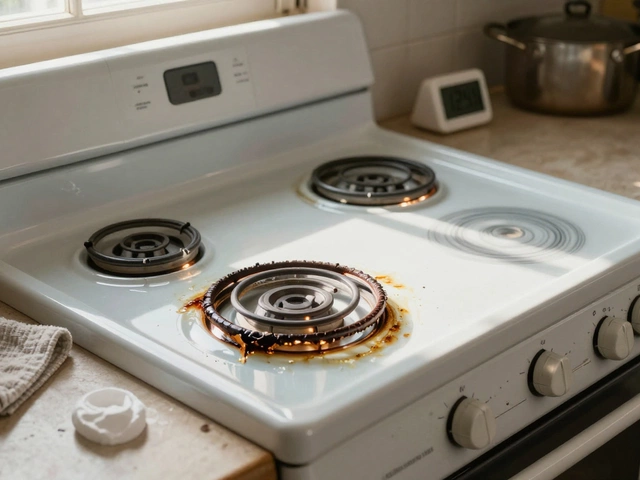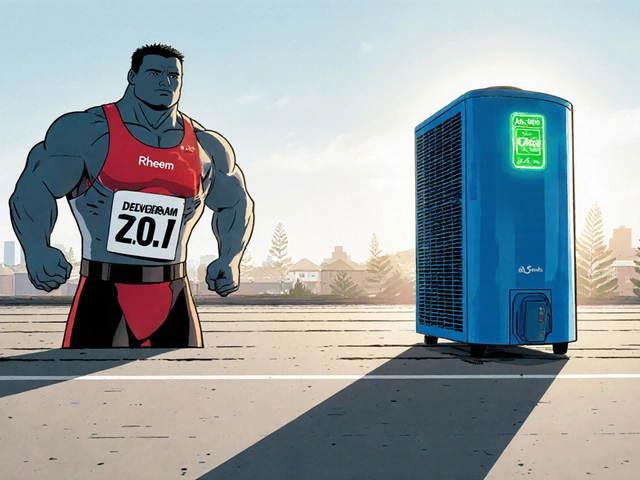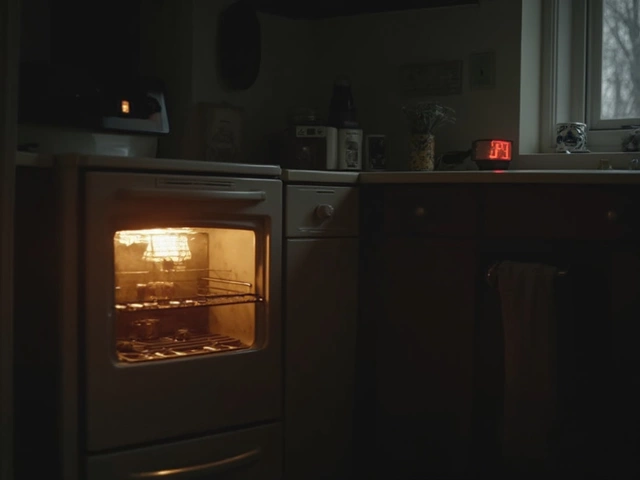How Do You Know When a Hot Water Heater Needs to Be Replaced?
November 20 2025Boiler Safety: Simple Tips for a Safe, Efficient Home
When your boiler stops working, it can leave you in the cold and worry about gas leaks. A few quick checks and regular care can stop most problems before they start. Below you’ll find practical steps that anyone can follow, plus the warning signs that mean you need a pro right away.
Why Boiler Safety Matters
A boiler that isn’t cared for can leak carbon monoxide, a silent killer, or cause a gas explosion. Even a small leak can raise your energy bills and wear out parts faster. Keeping the boiler safe also keeps your warranty valid and avoids costly repairs later.
Everyday Checklist for Boiler Safety
1. Look for odd smells. If you smell gas or a rotten‑egg scent, turn off the boiler and call a certified engineer immediately. Don’t try to fix it yourself.
2. Listen for noises. Banging, whistling or rattling sounds often mean a pressure problem or a loose component. A quick call to a professional can prevent a breakdown.
3. Check the pressure gauge. Most boilers run best between 1 and 1.5 bar when cold. Anything outside that range could cause the system to shut down.
4. Test the safety valve. Lift the valve gently; it should release a small hiss of steam and then close again. If it sticks, you need a service.
5. Keep the area clear. The boiler needs room to breathe. Store no boxes or furniture on top of it, and make sure the vent isn’t blocked.
Doing these checks once a month takes only a few minutes and catches most issues early.
Annual service is a must. A qualified gas engineer will clean the heat exchanger, test the carbon monoxide detector, and tighten any loose bolts. Skipping this service can void warranties and raise the risk of a dangerous fault.
If you’re not sure when your boiler was last serviced, look for a service tag near the unit or check old invoices. Most experts recommend a service every 12 months, especially before winter.
Another easy safety step is to install a carbon monoxide alarm in the same room as the boiler. The alarm should be tested monthly – press the test button and replace the battery once a year.
Finally, know the emergency numbers. In the UK, you can call the National Grid gas emergency line at 0800 111 999 for a gas leak, or your local fire service if you suspect a fire risk.
Keeping your boiler safe isn’t just about avoiding emergencies; a well‑maintained system runs more efficiently, which means lower bills. Simple habits like bleeding radiators, flushing the system, and keeping the thermostat clean can extend the life of your boiler by years.
When you notice any of the warning signs – strange smells, noisy operation, fluctuating pressure, or a constantly flashing alarm – don’t wait. Call a certified Bedford gas engineer right away. We’ll check the boiler, fix any faults, and give you a safety certificate for peace of mind.
Take a few minutes each month to run through the checklist, schedule that annual service, and make sure you have a working carbon monoxide alarm. Your home will stay warm, your bills will stay low, and you’ll sleep easier knowing the boiler is safe.
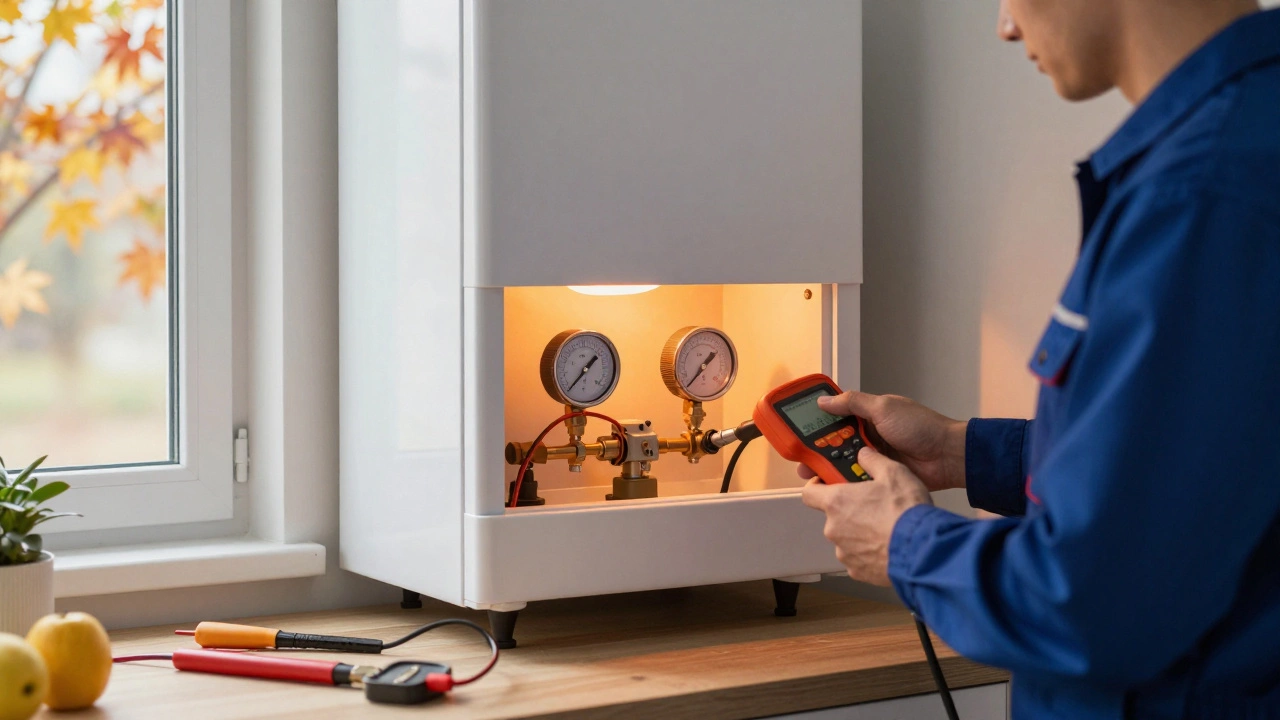 26 Feb
26 Feb
How Often Does a Boiler Need to Be Serviced?
A boiler should be serviced once a year to ensure safety, efficiency, and longevity. Skipping maintenance raises the risk of carbon monoxide leaks, costly breakdowns, and wasted energy. Annual checks by certified technicians are essential in New Zealand homes.
Read More...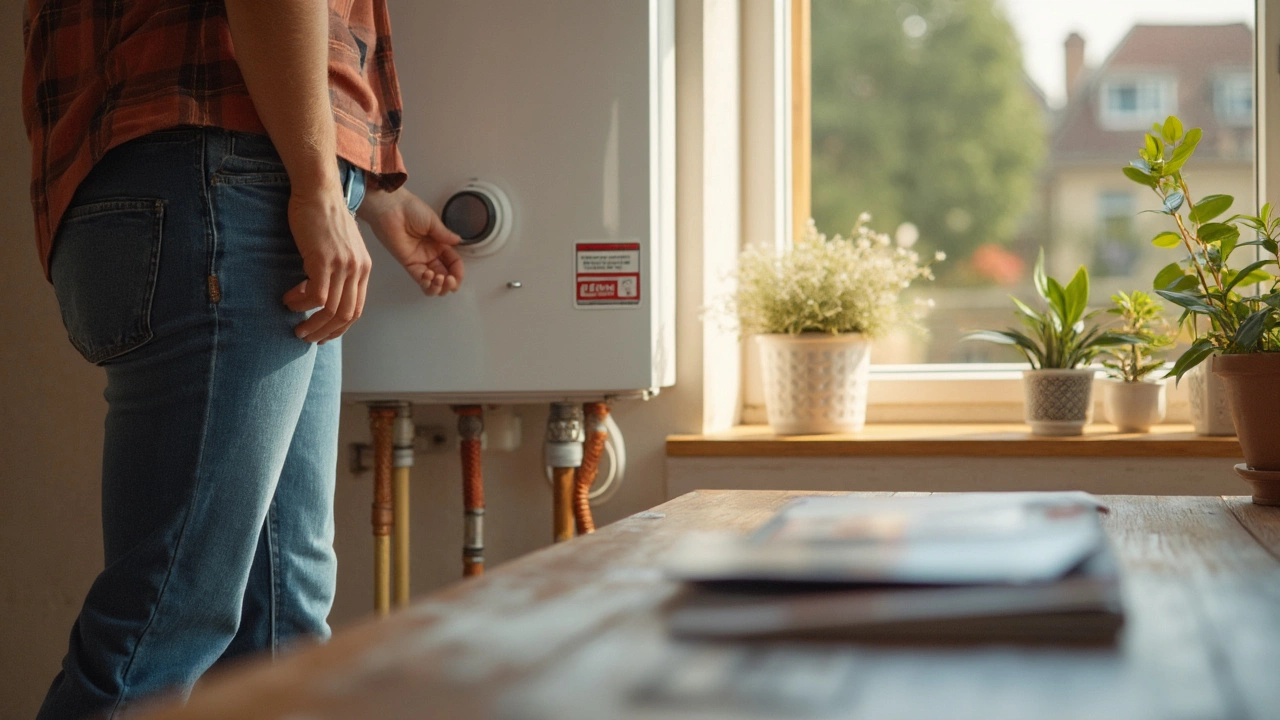 6 Jun
6 Jun
Can I Service My Boiler Myself? What to Know Before You Try
Thinking about servicing your boiler yourself? This article breaks down what you can actually do with a home boiler, what jobs are best left to pros, and the real legal risks if you mess with it. You'll find practical tips, safety facts, and ways to save money without gambling with your heating—or your house. Discover simple things you can check or clean yourself and learn when it's smartest (and safest) to call in the experts. This is the no-nonsense guide to making sure your boiler keeps running and your wallet stays safe.
Read More...